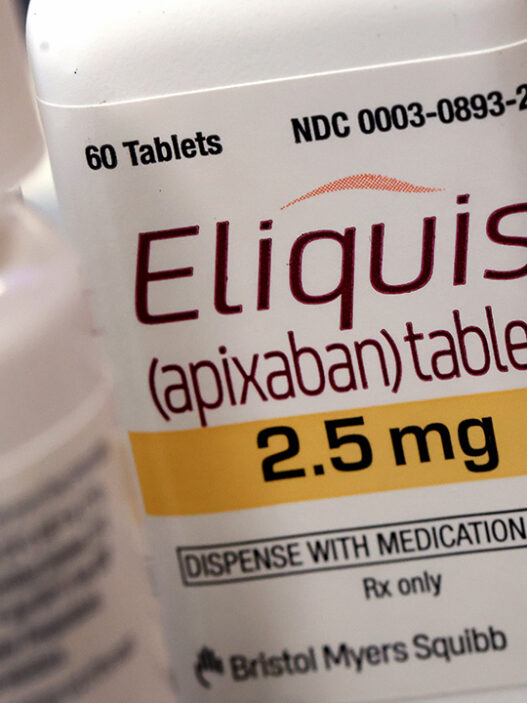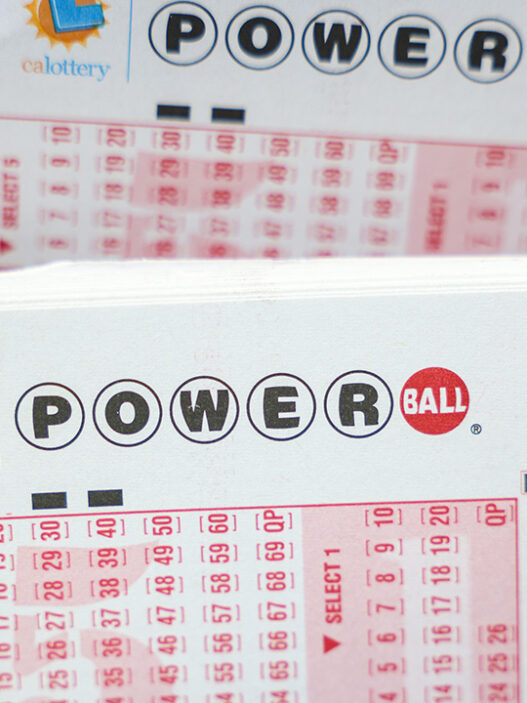The House of Representatives set a new record for the longest vote in history on Wednesday.
A conservative rebellion over cryptocurrency bills paralyzed the House floor for two days this week. And while it’s finally over, it means House GOP leaders have significantly less time to carry out their legislative timeline.
Voting kicked off just before 1p.m. on Wednesday on a procedural measure that would have allowed the House to begin debate on several bills – three cryptocurrency measures plus a spending bill funding the Defense Department’s yearly budget – but appeared poised to fail with several House GOP lawmakers voting “no.” House GOP leaders can only lose three votes to pass anything along party lines.
At one point during the course of roughly nine hours, Republican opposition climbed to 10 members before they struck a deal to pass the procedural measure, known as a “rule vote,” around 11 p.m.
VANCE DECLARES ‘CRYPTO FINALLY HAS A CHAMPION’ IN TRUMP WHITE HOUSE
The House was initially expected to vote on three digital currency measures in a push dubbed “crypto week.”
The Guiding and Establishing National Innovation for U.S. Stablecoins Act (GENIUS Act) to establish stablecoin regulations has already passed the Senate.
The Digital Asset Market Clarity Act (CLARITY Act), expected to have at least some bipartisan support, would have placed new federal guardrails on cryptocurrency.
But the last bill, a Republican priority called the Anti-CBDC Surveillance State Act, proved a flashpoint during Wednesday’s marathon vote.
Conservatives made an eleventh-hour push to link the three bills together, citing concerns the Senate would take up CLARITY without passing the anti-CBDC measure.
Privacy hawks were concerned that without the anti-CBDC bill, which blocks the government from issuing its own digital currency, that CLARITY and GENIUS could give the federal government unprecedented insights into how private citizens spend their money if a U.S.-backed digital asset was created.
But after hours of closed-door negotiations, they agreed to allow those individual votes to go forward – with assurances that the anti-CBDC bill would be linked to Congress’ annual defense policy bill, the National Defense Authorization Act (NDAA).
The NDAA is separate from the defense funding bill that’s expected to get a vote this week.
What the House ended up passing is known as a “rule vote,” a procedural hurdle that traditionally falls along party lines, which allows lawmakers to debate and vote on respective bills.
It’s likely that the House could vote on both GENIUS and CLARITY on Thursday, or leave one for next week.
The House is wrestling with multiple deadlines at the moment, which the cryptocurrency bills do not have.
Delaying the defense funding bill on this week’s calendar could shrink Congress’ already-limited summer schedule before the fiscal year 2026 deadline on Sept. 30.
SENATE PASSES LANDMARK CRYPTO LEGISLATION AS BANKING CHAIRMAN TOUTS ‘HISTORIC DAY’
If passed this week, it will be the second of 12 appropriations bills that House GOP leaders hope to pass for the next year. They’ll still have to sync up with the Senate, however, before President Donald Trump can sign any funding bills into law.
GET FOX BUSINESS ON THE GO BY CLICKING HERE
And House Republicans will need to pass a $9 billion package of spending cuts that the Senate sent over in the early hours of Thursday morning.
The package largely keeps intact requested spending cuts by Trump, targeting the U.S. Agency for International Development (USAID), PBS, and NPR.
The House initially passed Trump’s full $9.4 billion request, but a small group of Republican senators successfully pushed for the removal of a funding block on an HIV/AIDS prevention program in Africa.
Now, the House must pass the bill by the end of Friday or risk the funding request’s expiry.























